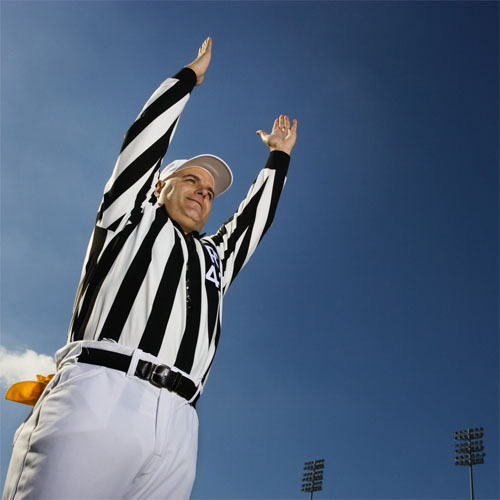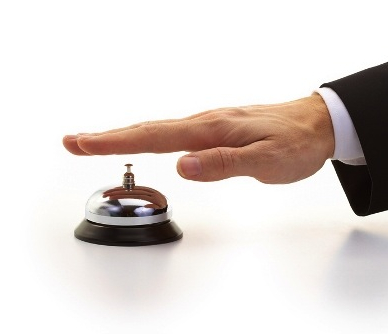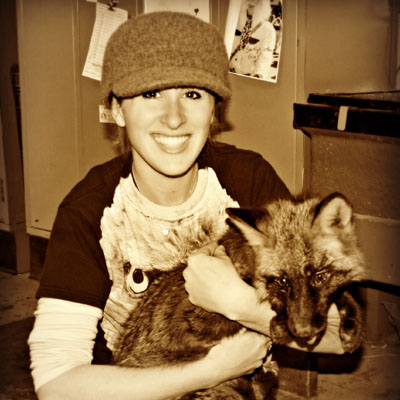
Zebra
Somewhere in, NJ
Male, 62
I've officiated football for over 30 years, now in my 26th on the college level. I've worked NCAA playoffs at the Division II and III level. In addition, I've coached at the scholastic level and have been an educator for over 35 years. I have no interest whatsoever in being an NFL official! Ever!
Hmmm, pick up game? I'm giving that to the defense. He had the ball; you said clearly. If he was on the ground - on his feet - he has pissrssion.
It can't be that famous - I never heard of it. But I did look it up. And from what I can see here, it looks as if both 19 and 87 are on the line. To your specific point, it's ok to have eight on the line. The rule states, No more than four players may be backs There aren't. So that isn't a foul. It looks as if the play is legal. Don't throw the flag!
The easy part is if it's a targeting (in college) the player is ejected. A roughing the QB is an automatic first down (NCAA). Same for targeting. If there was no score on the play, that would create 1 & goal at the 5 1/2 yard line.
The foul is roughing the passer, not quarterback. NCAA rule defines the passer as: The passer is the player who throws a forward pass. He is a passer from the time he releases the ball until the pass is complete, incomplete or intercepted or until he moves to participate in the play.
Hotel Front Desk Agent
 What's the MOST trashed you've ever found a hotel room?
What's the MOST trashed you've ever found a hotel room?
Zookeeper and Animal Trainer
 Why are some people so protective of endangered species?
Why are some people so protective of endangered species?
Call Center Representative
 Are you allowed to hang up on a caller if they're being very rude?
Are you allowed to hang up on a caller if they're being very rude?
I list you after the first sentence.
The simple answer is no. Not by "rule". By rule you can't grasp, pull, or hook an opponent. But the reality is that players do grasp and it is "allowed" (and I use that term carefully) as long as the block (it is still blocking) is inside the frame of the opponent. If the "grasping" is in desperation because the defender got away and the blocker just grabs and pulls on the shirt and you see it stretch, you have holding. If the blocker grabs the defender's arms but doesn't take him down or turn him away from the play, it is likely going to be allowed.
I'm going to say no. The question above addresses that, too. The clock starts on the legal touch in the field of play. If there is one second left, as soon as the MSU player touches it legally, the clock starts. And with one second left - and K not being able to advance the kick - the clock goes to zero and the game is over.
-OR-
 Login with Facebook
Login with Facebook (max 20 characters - letters, numbers, and underscores only. Note that your username is private, and you have the option to choose an alias when asking questions or hosting a Q&A.)
(A valid e-mail address is required. Your e-mail will not be shared with anyone.)
(min 5 characters)
By checking this box, you acknowledge that you have read and agree to Jobstr.com’s Terms and Privacy Policy.
-OR-
 Register with Facebook
Register with Facebook(Don't worry: you'll be able to choose an alias when asking questions or hosting a Q&A.)